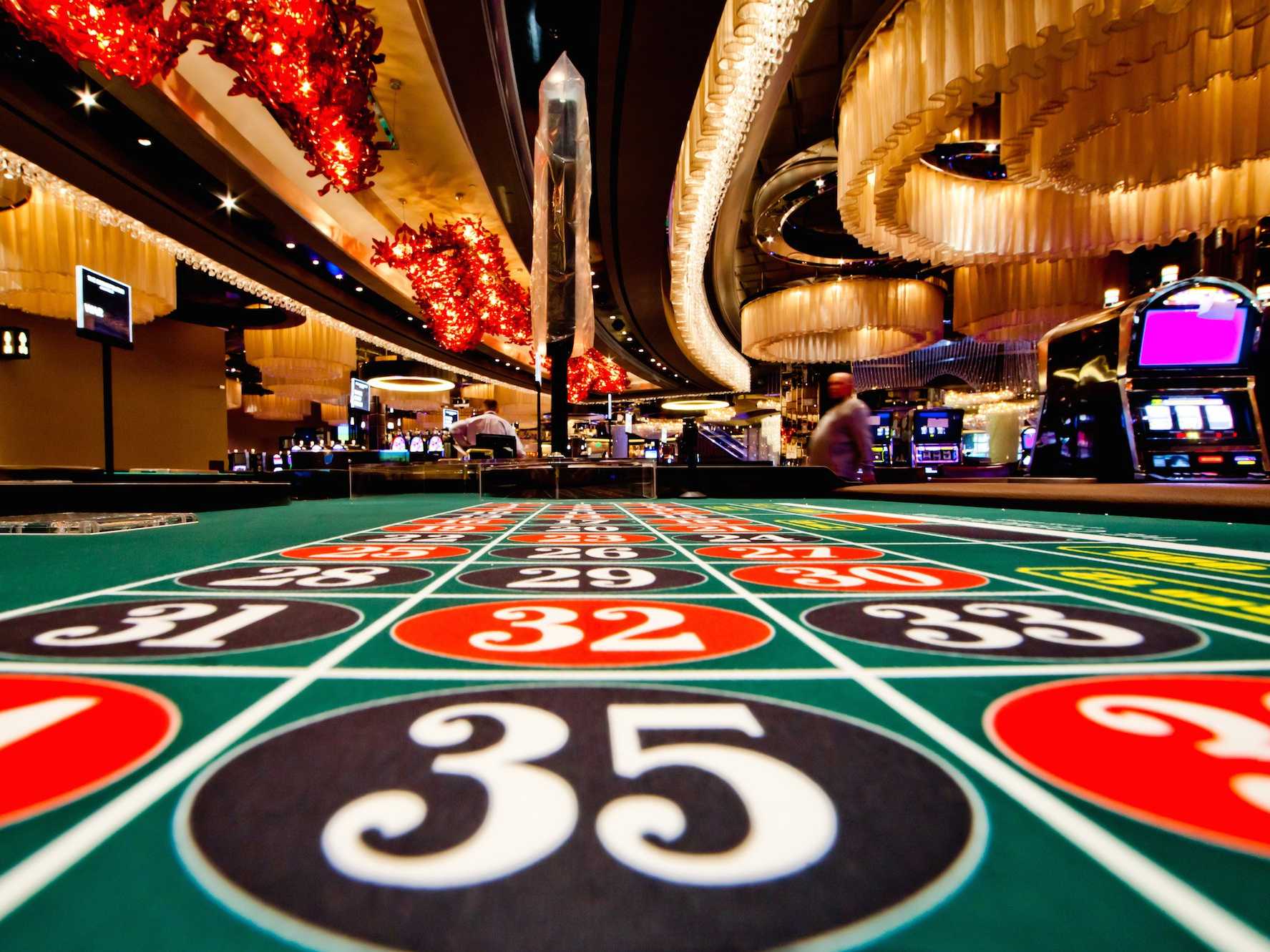The fascinating Evolution of Casino Games Across the Years

Casino experiences have captivated players throughout history, progressing from basic recreational activities to intricate adventures that integrate chance, skill, and fun. From the early beginnings of gambling in cultures like the ancient societies of Mesopotamia and Rome to the extravagant corridors of current casinos, the evolution of these games uncovers much about our nature and our relationship with risk. As cultures blended and technology has advanced, casino games have transformed, illustrating the changes in society and advancements in gameplay.
The initial iterations of gambling likely included simple games involving dice and betting on the outcomes of athletic contests. Over time, these primitive activities grew into better-organized games like card games, the roulette wheel, and the multitude one-armed bandits that line casino floors today. Each period brought its unique rules, aesthetics, and social relevance. Today, casino games continue to evolve with the rise of digital gaming platforms, enabling players from various parts of the world to participate in a shared experience, further blending the traditional with the digital age.
Initial Roots of Casino Games
Gambling activities have foundations that extend back to ancient civilizations, where betting was strongly embedded in cultural practices and social customs. The earliest known forms of gambling appeared in Mesopotamia around 3000 BC, involving simple dice games made from knuckle material. These primitive games laid the foundation for more complex betting activities, reflecting human beings’ instinctive urge to pursue wealth and entertainment through chance.
As societies evolved, so did their betting pursuits. In early Chinese culture, around two thousand three hundred BC, objects were discovered that resembled early rudimentary forms of a lottery game activity. More structured instances of gambling emerged in the Roman Empire, where games of luck were a popular recreation, often taking place in community gatherings. The ancient Romans developed various wagering activities, which entailed die and board activities, illustrating the widespread nature of betting across various social strata.
With the passage of years, these primitive activities shaped the development of contemporary casino activities. In the Middle Ages, playing card games grew prevalent in European culture, paving the way for the professional gambling venues we know today. The transition from informal gambling to formal gambling in taverns and private houses marked a significant transformation in how people interacted with games of chance, leading to the subsequent creation of casinos as specialized venues for betting.
The Rise of Modern Casino Gaming
The final 20th century marked a significant change in the realm of gambling games, fueled by tech innovations and shifts in societal views towards betting. HELLO88 The emergence of computers and the World Wide Web revolutionized the way players engaged with their beloved games. Online casinos emerged, enabling gamers to enjoy traditional table games like poker and 21 from the safety of their houses. This new online environment not only expanded availability to gambling options but also drew in a newer crowd who found the comfort and diversity appealing.
As online gaming gained traction, so did innovations in gaming technology. The advancement of advanced software and graphics changed traditional gambling games into captivating experiences. Gamblers could now connect with live live dealers through live feeds, bringing the atmosphere of physical casinos directly into their living rooms. This fusion of in-person play with digital interfaces created a novel combination that boosted the community element of playing, allowing it possible for individuals to connect and challenge with fellow gamers around the planet.
Moreover, the emergence of gaming on mobile devices dramatically changed the gambling environment. With the ubiquitous use of smartphones and touch devices, players can enjoy their preferred casino games at any location, whenever. Mobile applications offer a extensive range of options optimized for touchscreens, catering to the fast-paced daily life of contemporary gamers. This availability has led to growing engagement in casino games, fostering the surge of the gambling sector. As a result, the prospects of casino gaming continues to evolve, responding to new technologies and shifting player expectations.
The Impact of Technology on Casino Games
Technology’s advancement has significantly transformed casino games, enhancing the overall gaming experience for players around the world. As the internet emerged, online casinos were created, allowing players to enjoy their favorite games from the comfort of their homes. This shift not only made casino games more accessible but also increased the variety of games available, as online platforms could host numerous variations of traditional games without the physical constraints of physical casinos.
The rise of mobile technology further revolutionized the casino gaming landscape. As smartphones and tablets became widespread, players now have the ability to engage in casino games anytime and anywhere. This flexibility has led to the development of dedicated mobile applications and optimized websites that offer smooth gaming experiences. Additionally, advancements such as live dealer games have brought the authentic atmosphere of a casino into players’ living rooms, bridging the gap between physical and online gaming.
Moreover, advancements in AI and VR are paving the way for the next generation of casino games. AI enhances game design and player interaction, creating tailored experiences based on user behavior and preferences. Meanwhile, virtual reality provides immersive environments where players can engage in a virtual casino environment, making the gaming experience more engaging and realistic. As technology continues to evolve, the future of casino games seems bright, filled with endless possibilities for innovation and entertainment.